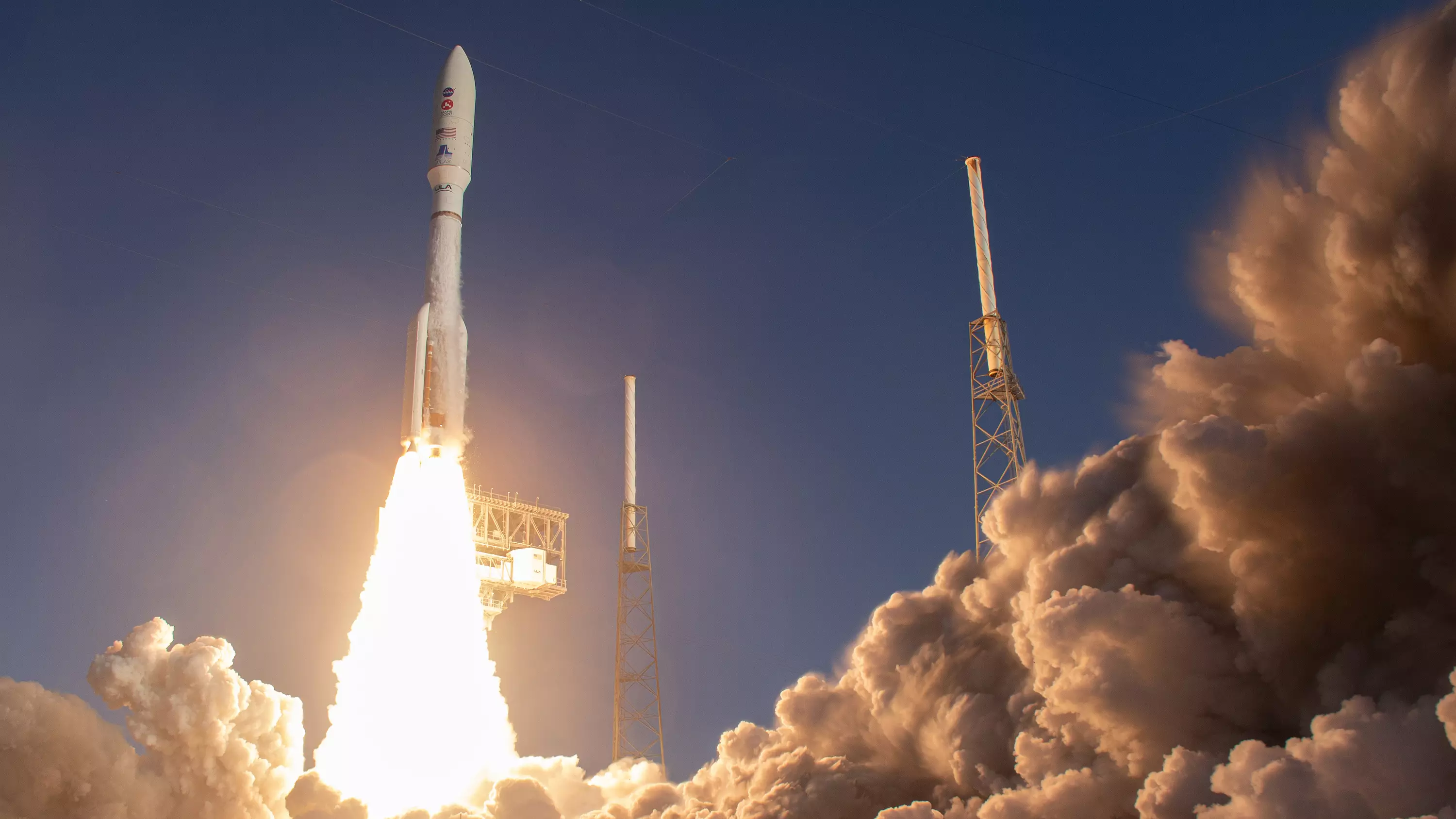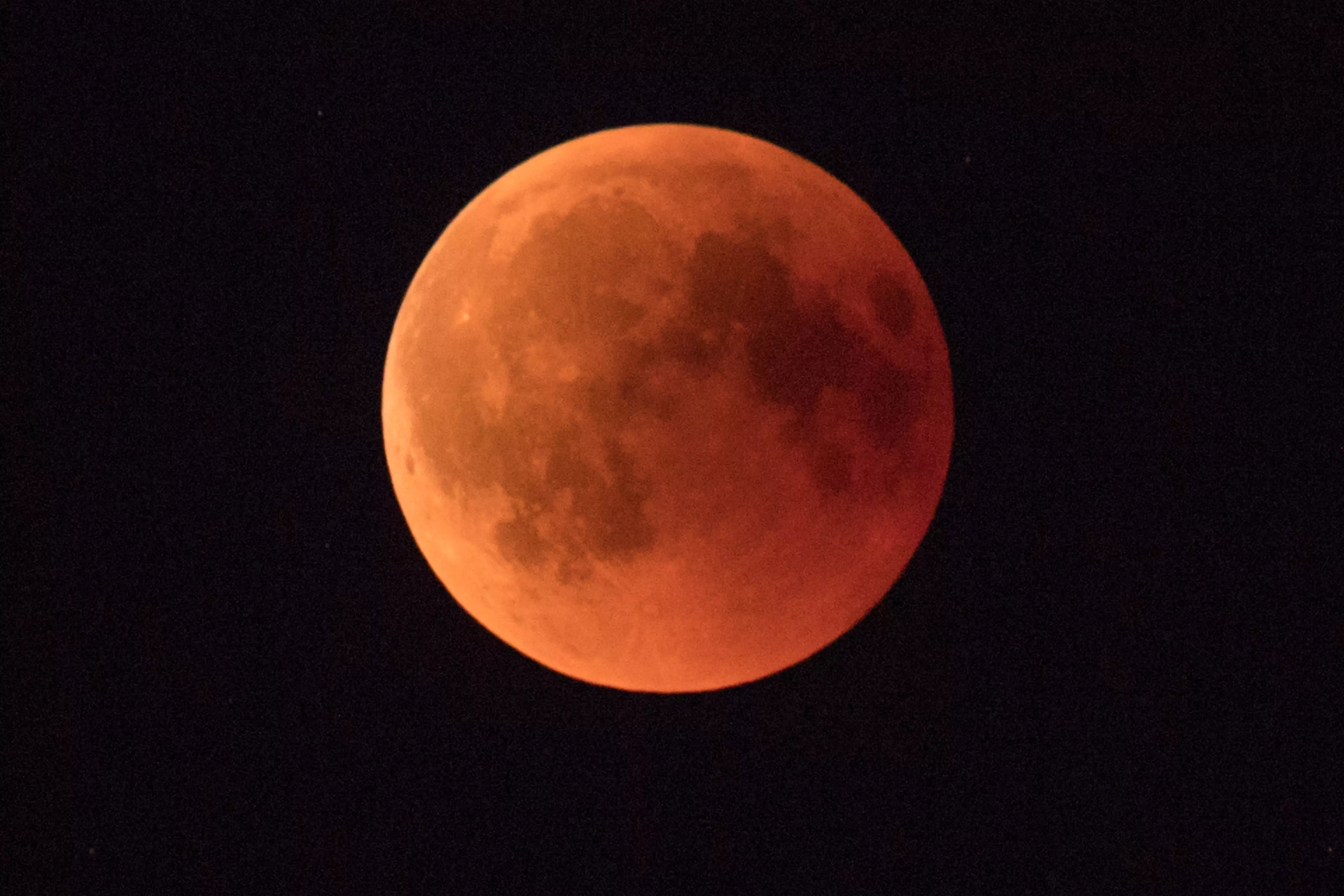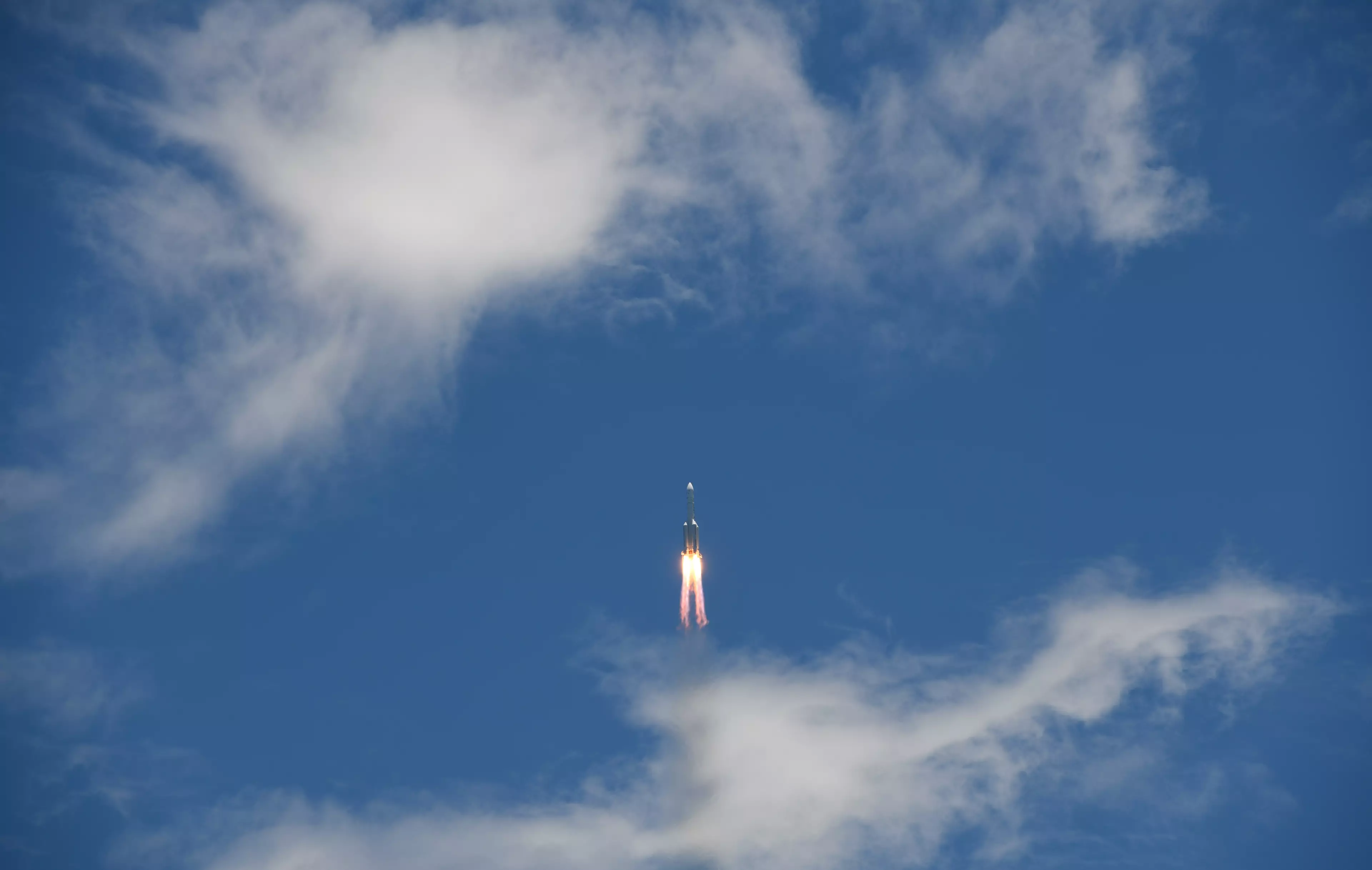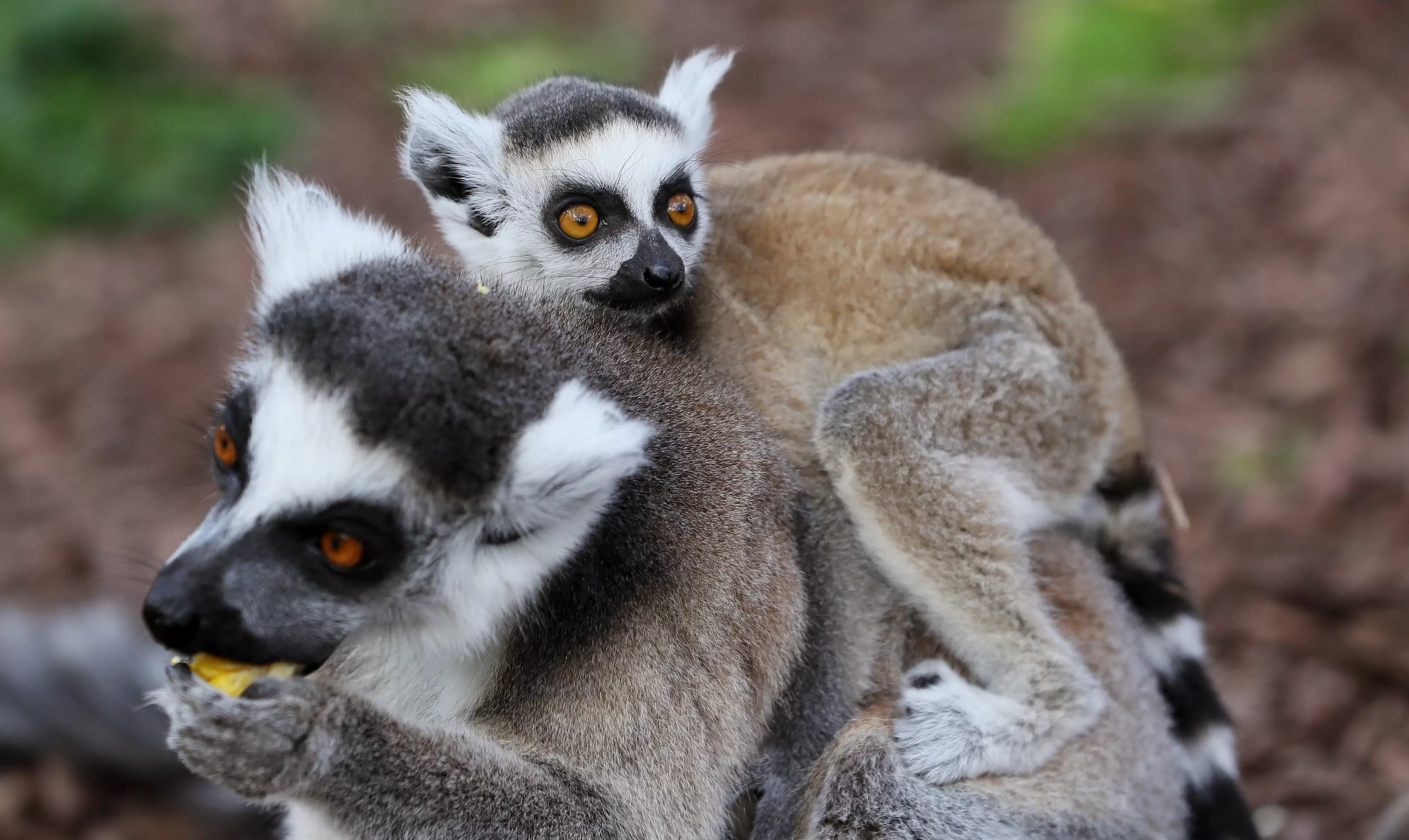
Astronauts could be put into a state of hibernation ahead of the lengthy journey to other planets, an expert from Oxford University has suggested.
You see, the trip to Mars is expected to take about seven months, and that's a long time to be cooped up on your own inside a spacecraft.
So, with that in mind, if the astronauts could travel whilst in a state of suspended animation or hibernation, they wouldn't have to deal with the mental health problems that could arise.
On top of that, the amount of protection that the spacecraft would need from powerful interplanetary space radiation would be reduced as well, because they'd broadly be remaining in the same place.

The problem is, humans have long since lost the ability to hibernate. That's where Professor Vladyslav Vyazovskiy comes in.
The Prof is an associate professor of neuroscience over at Oxford University, and obviously knows his stuff, having specialised in sleep and its functions.
He reckons that if a state of hibernation can be achieved, it would make the journey fly by, both literally and figuratively.
Vyazovskiy explained: "Imagine you had to take a very long-haul flight to Mars, for example, and how much fuel, water supply, air you'd need to take along.
"If you were awake all the time, there are also huge implications for mental health, spending so much time in a highly confined environment - so it would be really advantageous to put the astronauts in a state of stasis."

This might sound like sleep, but hibernation - particularly in other animals - isn't actually really like that.
He continued: "Hibernation is a fascinating biological phenomenon. Sometimes it is confused with sleep because when an animal is hibernating it looks like it is sleeping, but it's a fundamentally different state."
It had previously thought that primates - a group that includes us - don't hibernate, but some lemurs in Madagascar have recently been observed hibernating for as much as seven months.
Advert
What a handy amount of time.
It's peculiar because Madagascar isn't particularly cold, so there's no real climatic reason for them to do so.
However, one thing we do know is that the lemurs are particularly long-lived, potentially as a result of this hibernation.

Vyazovskiy explained in The Telegraph: "Hibernation is a widespread phenomenon and many animals hibernate,
"We know that some primates are able to. So I can't think what is special about humans that means they can't hibernate. We just need to find the secret.
"We can produce an artificial state of hibernation by administering drugs, but I don't think this is the most promising approach.
"We should learn from other animal species and how they trigger that process spontaneously - they know the trick but we have lost it for reasons we don't know yet."
Well, the quicker we find out, the more likely a trip to Mars becomes.
Featured Image Credit: PATopics: Science, World News, Interesting, Technology, Weird, Animals, space